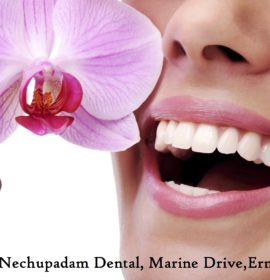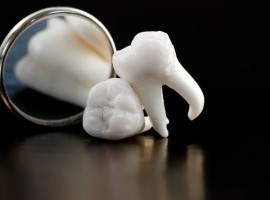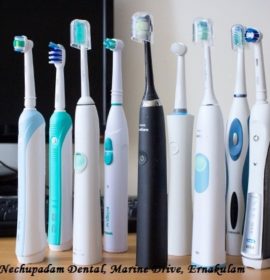
Better Dental Health for a healthy life for Alzheimer’s people
Acute Necrotizing Ulcerative Gingivitis (ANUG) . certified Invisalign provider . child and dental care . Cracked Tooth syndrome . Daily life dentisitry . Dental Restoration . Dentistry . gingivitis . gum disease . Malocclusion & Misaligned Teeth
- Brush teeth twice a day.
- To make teeth cleaning less of a chore, find a toothbrush that the patient can manage and that is also easy for you or other caregivers to use, if the person needs assistance. A powered toothbrush may be a good choice, if the patient can tolerate the vibrating sensation.
- If toothpaste makes the process more difficult, omit it.
- enquire if the patient can use a fluoride gel or rinse to keep tooth enamel strong.
- Floss teeth once a day.
- A floss holder can make flossing easier for those who do not have good finger dexterity. Special picks and sticks make a good alternative if the patient clenches his or her teeth.
- ask about using an anti-microbial solution to protect the gums.
- Clean mouth and dentures after every meal.
- Some patients with Alzheimer’s do not swallow well. Clear the patient’s mouth of any remaining food and rinse after every meal.
- Remove the patient’s dentures for cleaning after every meal.
- Using a toothbrush with soft bristles, very gently brush the gums and roof of the patient’s mouth.
- Visually inspect the patient’s teeth and gums once a month.
- If gums bleed or appear swollen or red, the patient may have gum disease and will need a visit to Dr.nechupadam Dental., Marine Drive.
- Schedule regular dentist visits (beginning with an Alzheimer’s diagnosis).
- Maintain a current list of the patient’s medications for your dentist and all health care workers.
- See Dr.Thomas Nechupadam as soon as possible if you have difficulty or pain while chewing or has bad breath.





